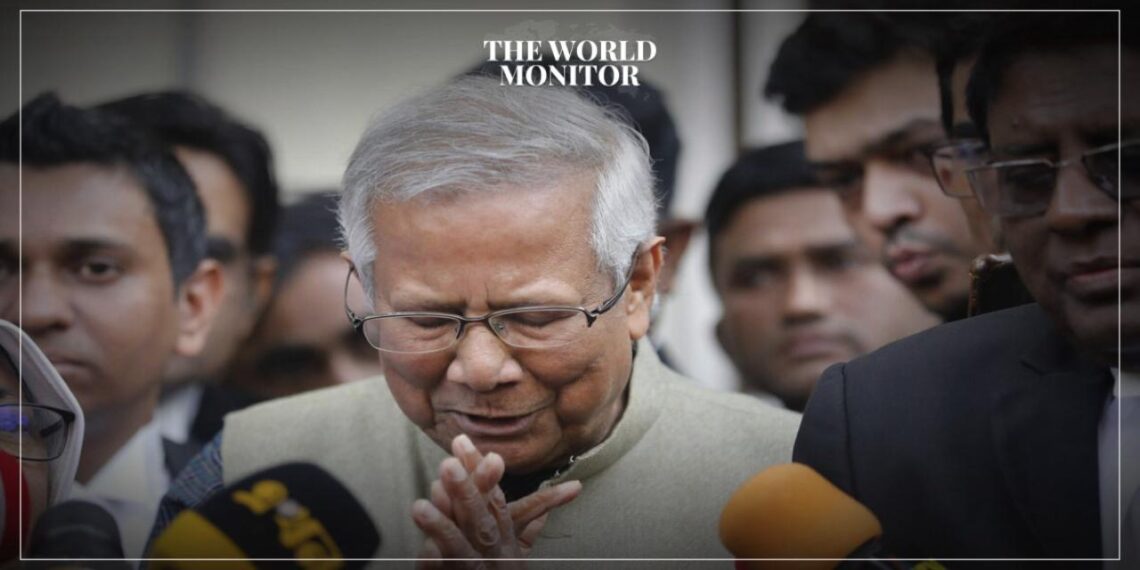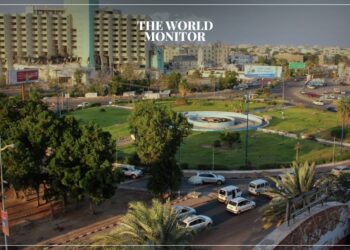According to the Dhaka Tribune, officials have confirmed that the appointment of Muhammad Yunus as the head of the interim government follows a meeting between the country’s President, Mohammad Shahabuddin, and leaders of the anti-discrimination student movement.
The newspaper added that the remaining members of the interim government will be appointed after consultations with various political parties.
On Tuesday, President Mohammad Shahabuddin announced the dissolution of Parliament in preparation for forming an interim government, following the resignation of Prime Minister Sheikh Hasina and her departure from the country.
Student representatives who organized the protests also confirmed that they will push for Muhammad Yunus, the Nobel Peace Prize laureate of 2006, to oversee the interim government.
Muhammad Yunus, aged 84, is one of the world’s most renowned economists and bankers. He is known for his efforts to combat poverty in Bangladesh through the establishment of the Grameen Bank, which aims to reduce poverty by providing small loans to the poor without collateral. However, Yunus faced criticism from Hasina, who accused him of “bleeding the poor.”
Recent protests in Bangladesh have been driven by political and social unrest. The student-led anti-discrimination movement, which has gained traction in recent months, reflects broader discontent with the current political situation and government policies. The protests were fueled by accusations of corruption, abuse of power, and the lack of democratic processes under the leadership of Prime Minister Sheikh Hasina.
The dissatisfaction reached a peak when Prime Minister Sheikh Hasina resigned and left the country amid mounting pressure. This led to the dissolution of Parliament by President Mohammad Shahabuddin, who announced plans to form an interim government. The appointment of Muhammad Yunus, a prominent figure in social entrepreneurship and poverty alleviation, as the head of this interim government, is seen as a potential step towards stabilizing the country and addressing the grievances of the protestors.
The role of Muhammad Yunus in this transitional period is critical, given his reputation and experience. However, his appointment also highlights the continuing tension between various political factions and the challenges of navigating Bangladesh’s complex socio-political landscape.






